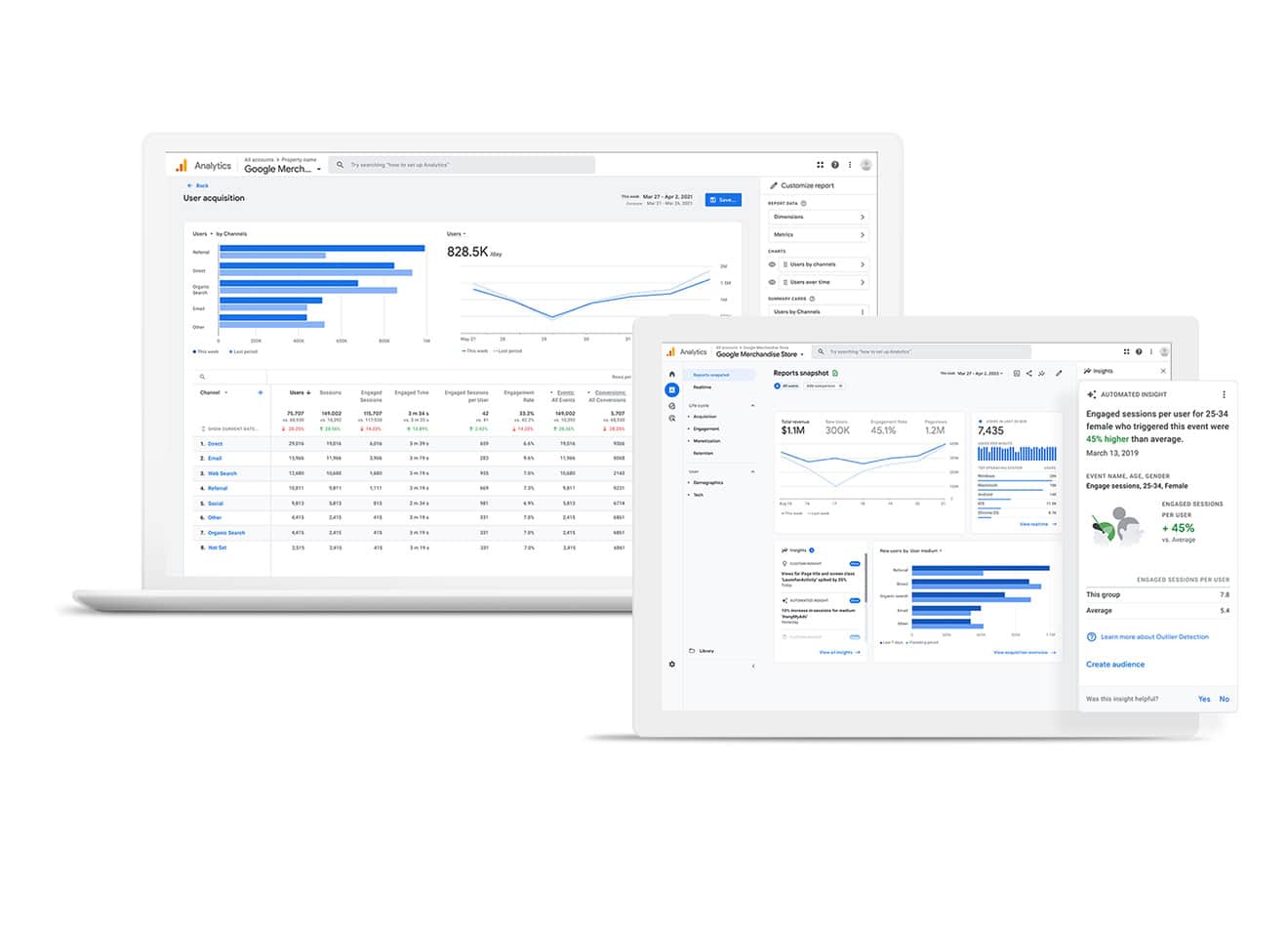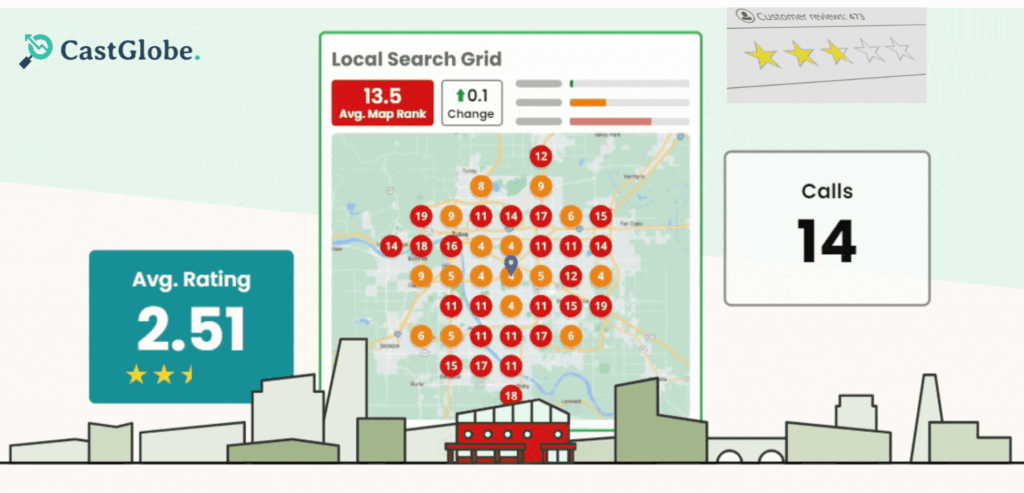Mastering Digital Marketing: Success Strategies In the constantly changing field of digital marketing, creating successful campaigns requires knowing your audience and utilizing data-driven insights. It is impossible to overestimate the significance of personalized content, multi-channel marketing, and emerging technologies as companies look to engage with customers in meaningful ways. These key tactics will be examined in this post, along with practical advice to improve your digital marketing initiatives. Having a thorough understanding of your target audience is essential to developing marketing campaigns that have an impact. Understanding their needs, preferences, and behaviors is just as important as figuring out who they are.
Key Takeaways
- Understanding your target audience is crucial for effective marketing
- Utilize data-driven insights to make informed decisions about your marketing strategies
- Implement personalized content to engage and connect with your audience on a deeper level
- Leverage multi-channel marketing to reach your audience across various platforms
- Embrace emerging technologies to stay ahead of the competition and meet the evolving needs of your audience
- Measure and analyze campaign performance to understand what works and what doesn’t
- Optimize conversion rates by continuously testing and refining your marketing efforts
- Build long-term customer relationships by providing value and personalized experiences
You can obtain important information about demographics, psychographics, and purchasing trends by carrying out in-depth market research. By dividing your audience into these groups, you can effectively customize your messaging to appeal to each one. Understanding your audience also extends beyond simple demographics. It calls for compassion & sincere interest in their goals and problems. Through surveys, social media interactions, and feedback forms, you can interact with your audience and gather qualitative data that will help you better understand them.
With this understanding, you can create messages that are specifically tailored to their needs, strengthening your relationship and raising conversion rates. The foundation of effective marketing strategies in the current digital era is data. By using data-driven insights, marketers can make well-informed decisions that improve the efficacy of their campaigns. Businesses can find trends & patterns that guide their marketing strategies by examining web traffic, click-through rates, & conversion rates, among other metrics.
Data Analysis for Well-Informed Choices. Using analytics tools is one efficient way to use data. Comprehensive information about user behavior on your website can be obtained from platforms such as Google Analytics. Tracking user journeys allows you to identify dropoff points for potential clients and optimize those touchpoints.
| Metrics | Results |
|---|---|
| Conversion Rate | 12% |
| Click-Through Rate | 8% |
| Engagement Rate | 15% |
| ROI | 20% |
landing page and ad creative optimization. Also, by A/B testing various landing pages or ad creatives, you can ascertain which variations produce the best results, guaranteeing that your marketing initiatives are continuously improved based on real-time data. Using real-time data to improve marketing efforts.
Through the utilization of data-driven insights, companies can improve the effectiveness of their marketing strategies. Campaign success is fueled by data-driven decisions made by marketers who can monitor and evaluate user behavior. In digital marketing, personalization has become essential rather than optional.
Customers now anticipate that brands will be aware of their preferences and provide experiences that are specifically catered to them. Engagement and conversion rates can be greatly increased by implementing personalized content. Several strategies can be used to accomplish this, including dynamic email campaigns that use recipients’ names or suggest items based on previous purchases. More meaningful interactions may also result from using consumer data to produce tailored content.
Sending pertinent content that matches their interests, for example, is made possible by segmenting your email list according to user behavior. Moreover, customized landing pages that take into account the visitor’s prior interactions with your brand can boost conversion rates. Fostering loyalty & repeat business can be achieved by making your audience feel appreciated and understood. Customers interact with brands through a variety of channels in a world that is becoming more interconnected. Your message will reach your audience no matter where they are if you use a multi-channel marketing strategy.
In order to create a unified brand experience, this strategy integrates multiple platforms, including websites, email, social media, and search engines. It’s critical to keep messaging consistent while modifying content to fit the particulars of each platform in order to execute multi-channel marketing successfully. For instance, a succinct infographic might be better suited for social media sharing than a lengthy blog post, even though the latter might be more effective on your website.
Retargeting ads can also be used to re-engage users who have interacted with your brand through various channels, strengthening your message and raising conversion rates. The landscape of digital marketing is always changing due to technological breakthroughs that alter how companies interact with their customers. Using cutting-edge technologies in your marketing campaigns, like chatbots, augmented reality (AR), and artificial intelligence (AI), can give you a competitive edge. Tools with AI capabilities can evaluate enormous volumes of data to forecast customer behavior and instantly improve campaigns. For example, chatbots improve customer service by instantly answering questions, which improves user experience and frees up human resources for more difficult jobs. Similar to this, augmented reality (AR) can produce immersive experiences that let buyers see products in their surroundings before deciding to buy.
You can engage customers in creative ways that promote brand loyalty by staying ahead of technological trends and incorporating them into your marketing plan. monitoring development and pinpointing areas in need of improvement. Frequent evaluation of these metrics yields important information about what is and is not working. For example, examining the data can assist you in identifying problems like poor targeting or unproductive messaging if a specific advertising campaign is not performing as expected. Adopting a mindset of continuous improvement. You can improve your tactics over time by embracing a mindset of continuous improvement and being prepared to change course in response to performance data.
Optimizing Techniques for Improved Outcomes.
You can optimize your marketing strategies and accomplish your objectives by making data-driven decisions based on regular campaign performance reviews & analyses.
Conversion rate optimization is an essential component of any digital marketing plan. Even with a lot of traffic, your efforts might not be successful if visitors are not becoming customers. Analyzing user behavior on your landing pages or website is crucial to improving conversion rates. Conversion rates can be considerably impacted by putting tactics like streamlining the checkout process, employing obvious calls-to-action (CTAs), and making sure mobile optimization is in place.
You can learn more about what appeals to your audience by A/B testing various elements, like button colors or headlines. Also, adding social proof—such as reviews or testimonials—can boost confidence and motivate prospective buyers to act. Maintaining success in the field of digital marketing requires establishing enduring relationships with customers. Through continuous engagement tactics, companies should strive to promote loyalty & repeat business rather than concentrating only on one-time transactions. Excellent customer service, loyalty plans, & tailored communications can help achieve this.
Maintaining client relationships entails following up frequently and offering benefits beyond the initial purchase. Personalized emails that include product recommendations or special offers can help customers remember your brand. Actively seeking out feedback & resolving issues also shows that you respect their viewpoints and are dedicated to making their experience better. Conclusion To sum up, mastering digital marketing necessitates a multifaceted approach that includes knowing your target audience, using data-driven insights, creating personalized content, embracing emerging technologies, leveraging multi-channel strategies, measuring performance, optimizing conversion rates, and cultivating enduring relationships with clients. By incorporating these tactics into your marketing campaigns, you can increase engagement, increase conversions, & eventually help your company grow sustainably.
Ready to take your digital marketing game to the next level? Put these strategies into practice right now, and you’ll see your brand flourish in the cutthroat online market!
If you are interested in learning more about marketing strategies for carpet cleaning businesses in different locations, you may want to check out this article on carpet cleaning marketing in Laredo, Texas. This article provides insights and tips on how to effectively promote your carpet cleaning services in a specific region. It could be a valuable resource to complement the information provided in Next Level Campaigns for carpet cleaning businesses.
FAQs
What are Next Level Campaigns?
Next Level Campaigns refer to marketing or advertising strategies that go beyond traditional methods and incorporate innovative and cutting-edge techniques to reach and engage with target audiences.
What are some examples of Next Level Campaigns?
Examples of Next Level Campaigns include interactive social media campaigns, immersive virtual reality experiences, personalized and targeted content marketing, and influencer collaborations.
How can businesses benefit from Next Level Campaigns?
Businesses can benefit from Next Level Campaigns by standing out from competitors, reaching a wider audience, increasing brand awareness, and creating more meaningful connections with consumers.
What are some key elements of a successful Next Level Campaign?
Key elements of a successful Next Level Campaign include creativity, innovation, strategic planning, audience targeting, and the use of advanced technology and digital tools.
What are some challenges of implementing Next Level Campaigns?
Challenges of implementing Next Level Campaigns may include higher costs, the need for specialized skills and expertise, the risk of technological glitches, and the need to constantly adapt to changing consumer behaviors and preferences.










